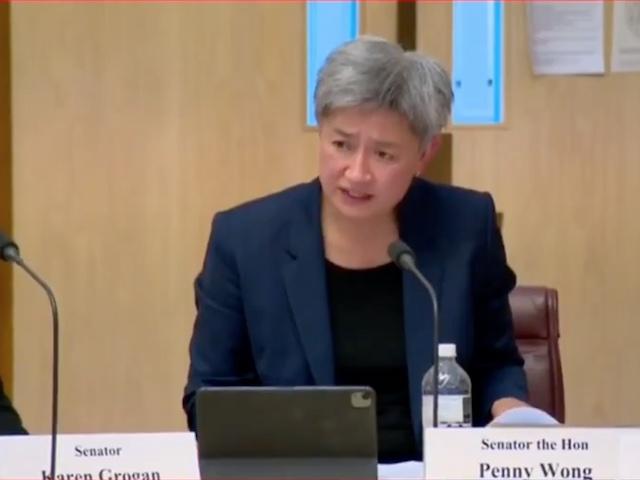The Australian government is reportedly slowing the process of handling weapons requests from Israel amidst the ongoing conflict in Gaza, as per sources cited by The Australian Broadcast Corporation (ABC), a publicly funded news outlet. Insider voices from the defense industry suggest a calculated hesitation in dealing with matters related to Israel, with one insider stating, "There appears to be a deliberate 'go slow' happening on anything to do with Israel while the war in Gaza continues." This hesitation reflects a broader reluctance within the government to openly support or reject Israeli military sales during a sensitive period.
The ambiguity surrounding Australia's stance on military exports to Israel is further complicated by internal government communications, as noted by a Defense industry representative who ABC attributed to 'anonymous': "I think Defense [Ministry] is wedged on this because the government will be saying they are not approving military exports to Israel but also telling Defense not to process them." This indicates a governmental strategy to avoid definitive decisions on military exports to Israel, possibly to navigate the political implications of such actions.
#Israel is under the most sustained attack in the Jewish nation's history & Australia is intentionally stalling export of weapons. Pathetic & cowardly of @AlboMP govt, and not how mates ought to act! @SenatorWong @RichardMarlesMP @AusAmbIsrael #AUSPOLhttps://t.co/PZjbuggT04
— Arsen Ostrovsky 🎗️ (@Ostrov_A) February 1, 2024
The issue has escalated to the diplomatic arena, with Israeli officials reportedly addressing their concerns with Australian counterparts, although the Israeli embassy has refrained from commenting publicly.
Australia's trade relationship with Israel encompasses both imports and exports of military materials. While Australia is not a significant weapons exporter to Israel, Australian businesses contribute raw materials to the Israeli arms industry. Conversely, Australia imports cutting-edge military equipment from Israel and has military cooperation with the Jewish State, highlighting a complex interdependence between the two nations' defense sectors.
The current Australian administration, led by Prime Minister Anthony Albanese of the Labor Party, faces scrutiny from domestic left-wing factions for its perceived military support of Israel. Despite claims from the administration of not having "supplied weapons" to Israel for at least five years, questions arise regarding the inclusion of Australian-made components in F-35 planes, which play a crucial role in the aircraft's operation. Australia's involvement in the global supply chain for F-35 parts, a program in which Israel also participates, suggests an indirect contribution to Israel's military capabilities in Gaza.
This ‘clear’ government press statement to @ABCnews needs closely scrutinising…
— Peter Cronau (@PeterCronau) January 31, 2024
Defence Dept: “Australia has not *supplied weapons* to Israel since the conflict began.”
👉 The key words are - “supplied weapons”:
👉👉 ‘Supplied’ — Does that mean ‘any supply at all’; or does it… pic.twitter.com/6OqNAVBeua
Amidst these developments, Senator David Shoebridge of the Green Party has vocally opposed Australian exports that support Israeli military operations, condemning the use of Australian materials in Israeli defense mechanisms. "We are supplying armor for the very tanks used to commit genocide," Shoebridge remarked, advocating for a ceasefire in Gaza and a halt to all military aid to Israel. Furthermore, Shoebridge urges Australia to support South Africa's legal actions against Israel at the International Court of Justice, accusing Israel of genocide against Palestinians in Gaza. Although the court mandated Israel to adhere to the Genocide Convention's requirements and report back within a month, it stopped short of ordering an end to Israel's military activities as South Africa had requested.
This unfolding scenario underscores the complexities of international defense relationships and the ethical considerations at play, as nations navigate the delicate balance between geopolitical alliances and human rights obligations.


